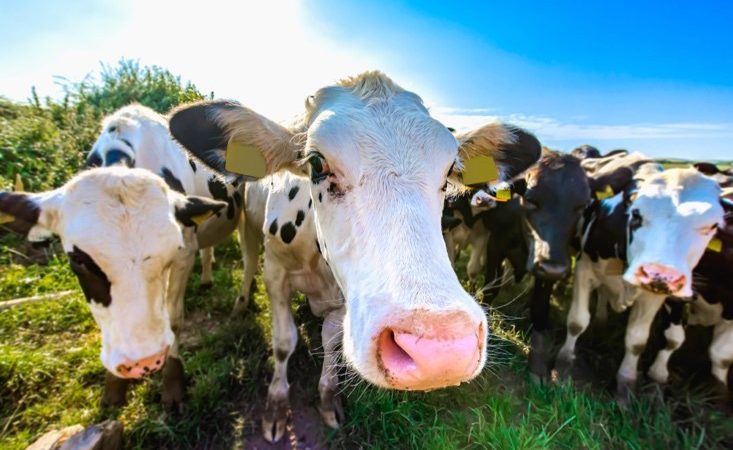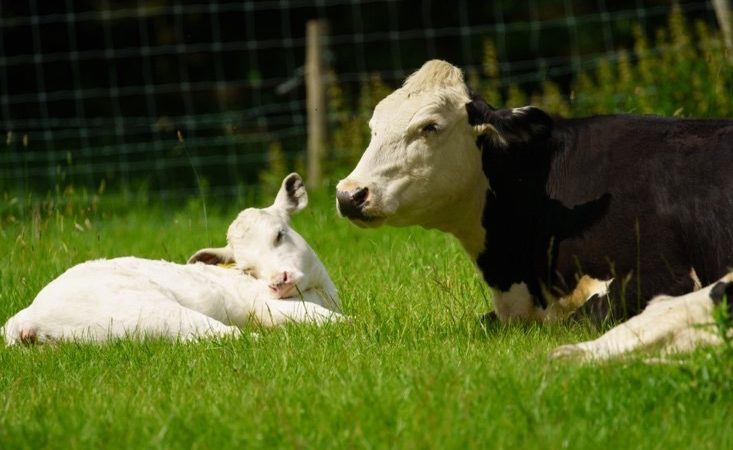AHDA calls on UK Government to reinstate veterinary medicines in the Windsor Framework as a matter of urgency

Recent figures indicate the percentage of medicines expected to be discontinued in NI could be up to 40% of available pack sizes.
AHDA calls on UK Government to reinstate veterinary medicines in the Windsor Framework as a matter of urgency, as recent figures indicate the percentage of medicines expected to be discontinued in NI could be up to 40% of available pack sizes.
AHDA Council is calling on the UK Government to reinstate and align veterinary medicines alongside human medicines in the Windsor Framework as a matter of urgency. This comes following manufacturer announcements seen in the past few weeks by AHDA, which indicate the percentage of veterinary medicines expected to be discontinued in NI could be up to 40% of available pack sizes.
While it is acknowledged that the Government estimate remains that 10-15% of authorised medicines are to be discontinued in Northern Ireland (which covers analysis of the whole sector across POM-V and POM-VPS, producing an average across circa 50 manufacturers), when looking at the SQP sector specifically, the percentage of pack sizes affected based on information from two of the biggest manufacturers, could be up to 40%. Council members at AHDA, the leading membership association which represents animal health product distributors and producers across the UK, are deeply concerned about the impact this will have on animal health and welfare, particularly for food-producing farm animals, companion animals, and the SQP sector, after seeing these pack size specific figures.
Engage Stakeholders
AHDA fully supports efforts by the Government to continue to engage stakeholders across the supply chain, including pharmaceutical companies, and that it has recently undertaken further surveys. AHDA’s concerns are based on the fact that the high level estimates being used across the industry as a whole, do not fully take into account some of the more localised impacts on pack sizes that will affect medicines supply and availability in NI – with the biggest impact being felt across the NI SQP sector.
Such is the level of worry, AHDA Council is writing to members of the House of Commons and House of Lords to ask them to reinstate and align veterinary medicines alongside human medicines in the Windsor Framework. AHDA wants to help avoid a two-tier system being implemented which would result in SQPs in NI not having access to certain products and pack sizes in the same way as SQPs in Great Britain. Reduced product availability and pack size limitations will undermine animal health and welfare, have a negative impact on prescribers, and result in regulatory gaps – all of which seriously disadvantages Northern Ireland. AHDA has also had recent discussions with the VMD on this matter.
From 1 January 2026, veterinary medicines will require separate authorisations for Great Britain and Northern Ireland. This will reduce product availability and, critically, limit access to smaller pack sizes that are essential for Northern Ireland’s predominantly small-and medium-sized farms. Without these, farmers may be forced to buy larger, costlier packs, leading to oversupply, increased risk of resistance due to a limited choice of medicines (which increases the likelihood of resistance if no other medicines with different actives are available), or in some cases, it may result in animals going untreated if costs are prohibitive. This undermines both UK prescribing rules and animal welfare standards.
AHDA Secretary General, Bryan Lovegrove, who is spearheading AHDAs efforts to get the Government to recognise the seriousness of the situation and take action, says: “The new manufacturer information on the reduction in availability of certain pack sizes that we have seen, has raised ‘alarm bells’. This will leave Northern Ireland animal owners at a complete disadvantage, unsupported, and lacking access to the products that are available across the rest of Great Britain. This isn’t a problem being caused by manufacturers – they have no choice but to react to Government policy. What is important is to encourage manufacturers to share as much detail as they can about the impact on pack sizes to help build as full a picture as possible.”
Bryan also points out that Northern Ireland farmers, vets, and SQPs face unique challenges. Unlike vets, SQPs cannot use the cascade system to import alternatives. If access shrinks, the overstretched veterinary sector cannot absorb the additional prescribing workload.
Bryan continues: “Much of the discussion to date has centred around the role of vets in Northern Ireland and that any shortages could be sourced from EU countries as POM – V products. This completely overlooks the fact that 80% of POM -VPS, NFA – VPS and AVM- GSL products are prescribed by the 400 SQPs in Northern Ireland and account for around £35 million in sales per year. SQPs are not able to use the cascade system to issue special import certificates as vets are; there are some other systems which might be put into place to help overcome this, but they are yet to be implemented and stress-tested which is a worry in itself. The already stretched vet sector in Northern Ireland has reported to AHDA that they will not cope with an increased workload to replace the prescribing currently undertaken by the SQP sector. In addition to POM-VPS products being reclassified as POM-V, the administrative burden of the new scheme will also add cost pressures, which farmers will ultimately pay for through higher veterinary medicines prices. The changes would also have adverse impacts on company viability and could result in job losses.”
“It is AHDA Council’s opinion that the current UK Government policy is failing all animal owners and animals in Northern Ireland, and in fact, the whole of the UK if this issue isn’t addressed. Northern Ireland is being set adrift from Westminster policy and oversight, and the cost will be reduced animal health and welfare which will be out of the control of farmers, vets and SQPs, whose hands will be tied. Protecting access to the safe and responsible use of animal medicines for food producing animals is as important as human medicines.”
“UK Government has focused on the POM – V sector and totally ignored the impact on the POM – VPS sector. The current system across the UK underpins public health, food security, and economic resilience. The proposals for Northen Ireland after 1st January 2026 are putting all of this at risk and at the same time, drives an open door for an underhand marketplace that subverts official regulations.”






